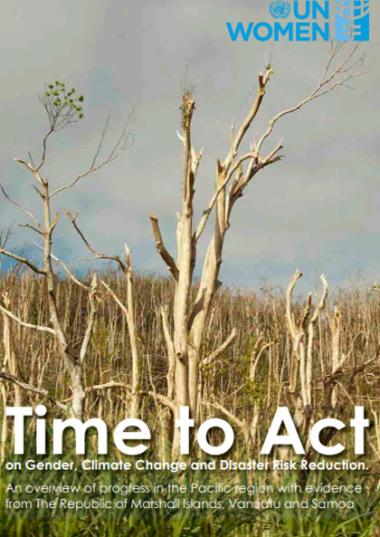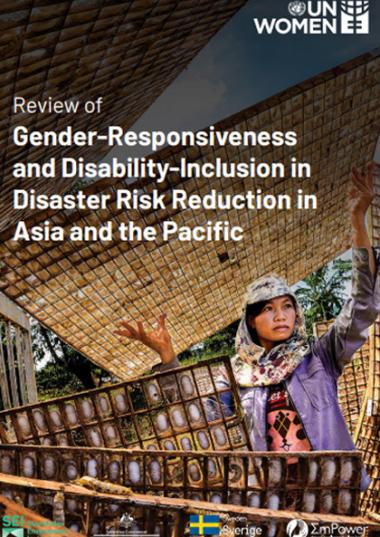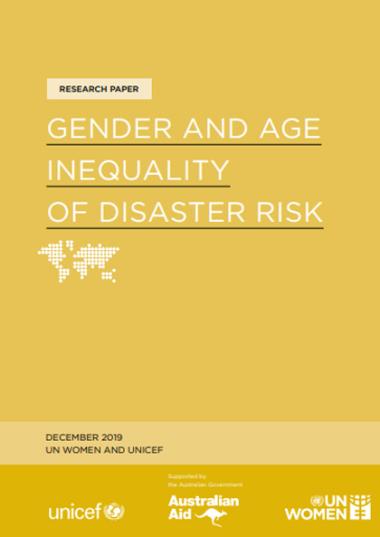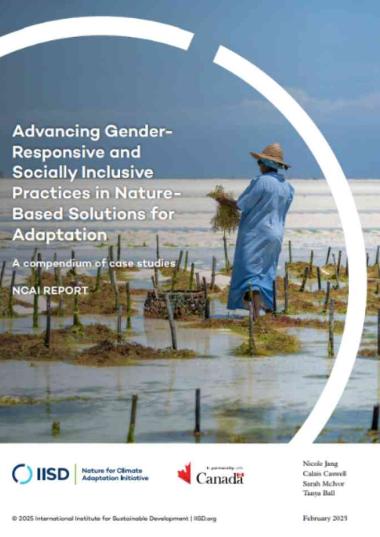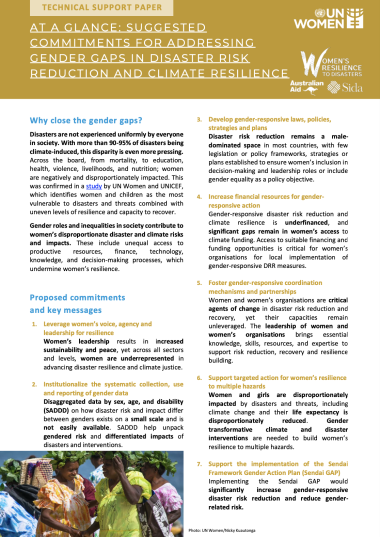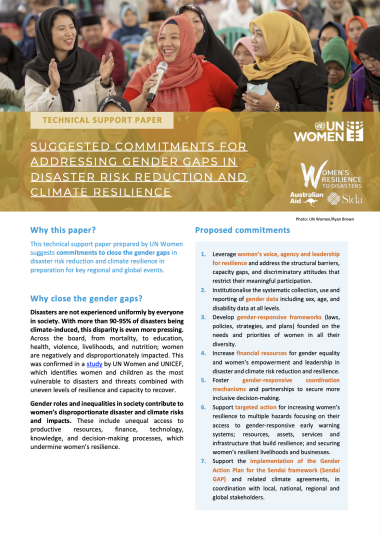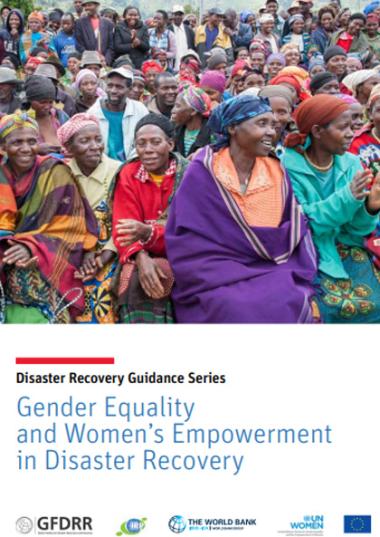

This Handbook highlights the importance of localization of the SDGs especially regarding gender equality, helps assess the impact of COVID-19 on women’s economic security and recovery, and offers tools to develop feasible solutions at the local level for economic recovery and gender equality. Women’s economic empowerment is a catalyst for gender equality and inclusive and sustainable development. But adverse gender and social norms impede the realization of this goal by 2030. Women lack access to leadership positions, political participation and decision-making, gender gaps abound in education, unpaid household, and care work; the overrepresentation of women in informal economic and work environments; lack of infrastructure and access to digital, financial and property assets and laws are discriminatory or insufficient in protecting women’s rights.
Although women are at the frontline of the response to the COVID-19 crisis, they are grossly under-represented in government’s response mechanisms. For example, the new dataset on women’s representation in COVID-19 taskforces states that out of a total 225 task forces across 137 countries, women make up only 24% of task force members. This mirror’s their low representation in public and leadership positions, in all spheres of governments. Women’s full and inclusive participation in public institutions is critical to ensure their needs are adequately addressed in pivotal decisions that are being made.
